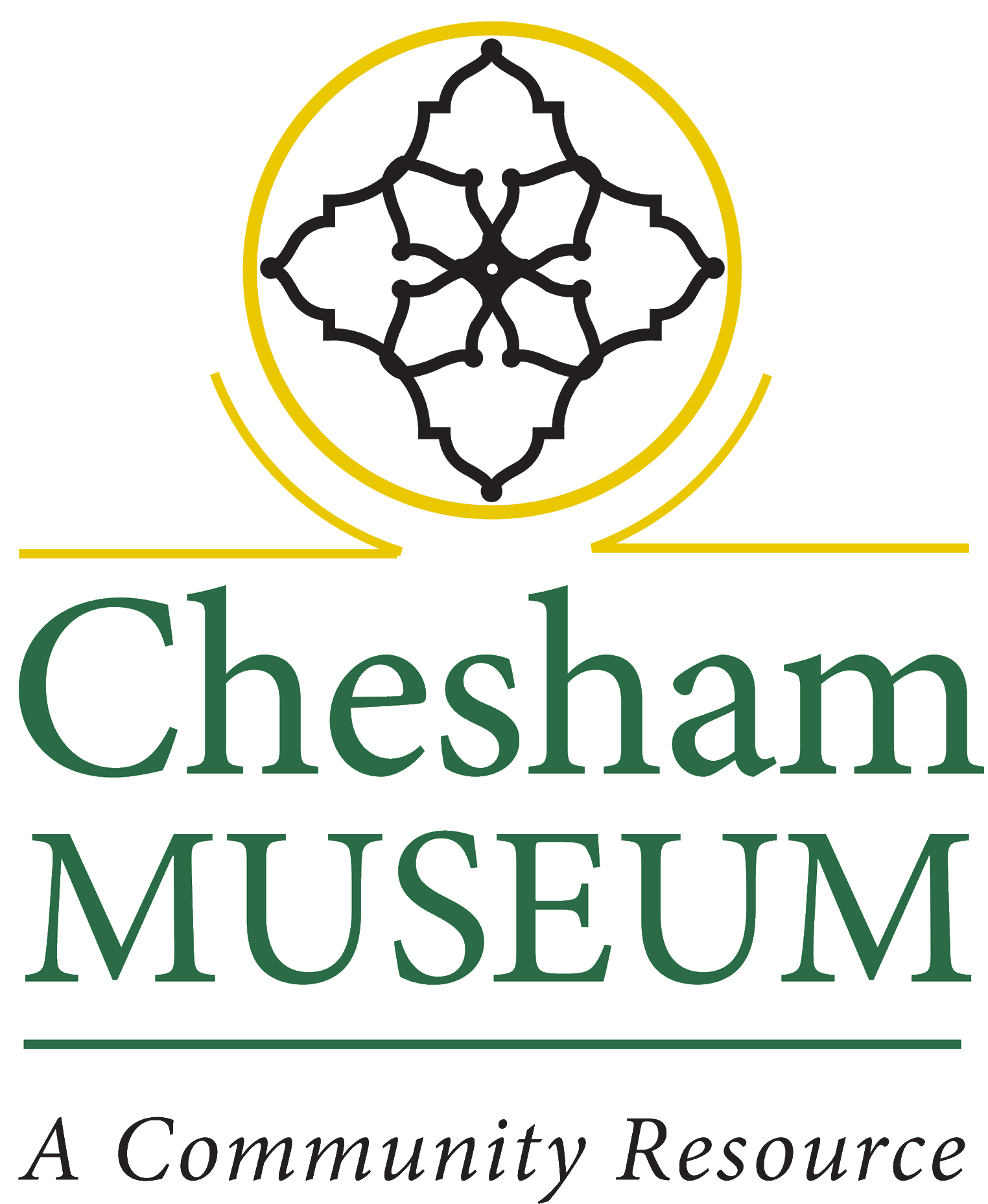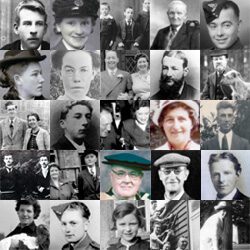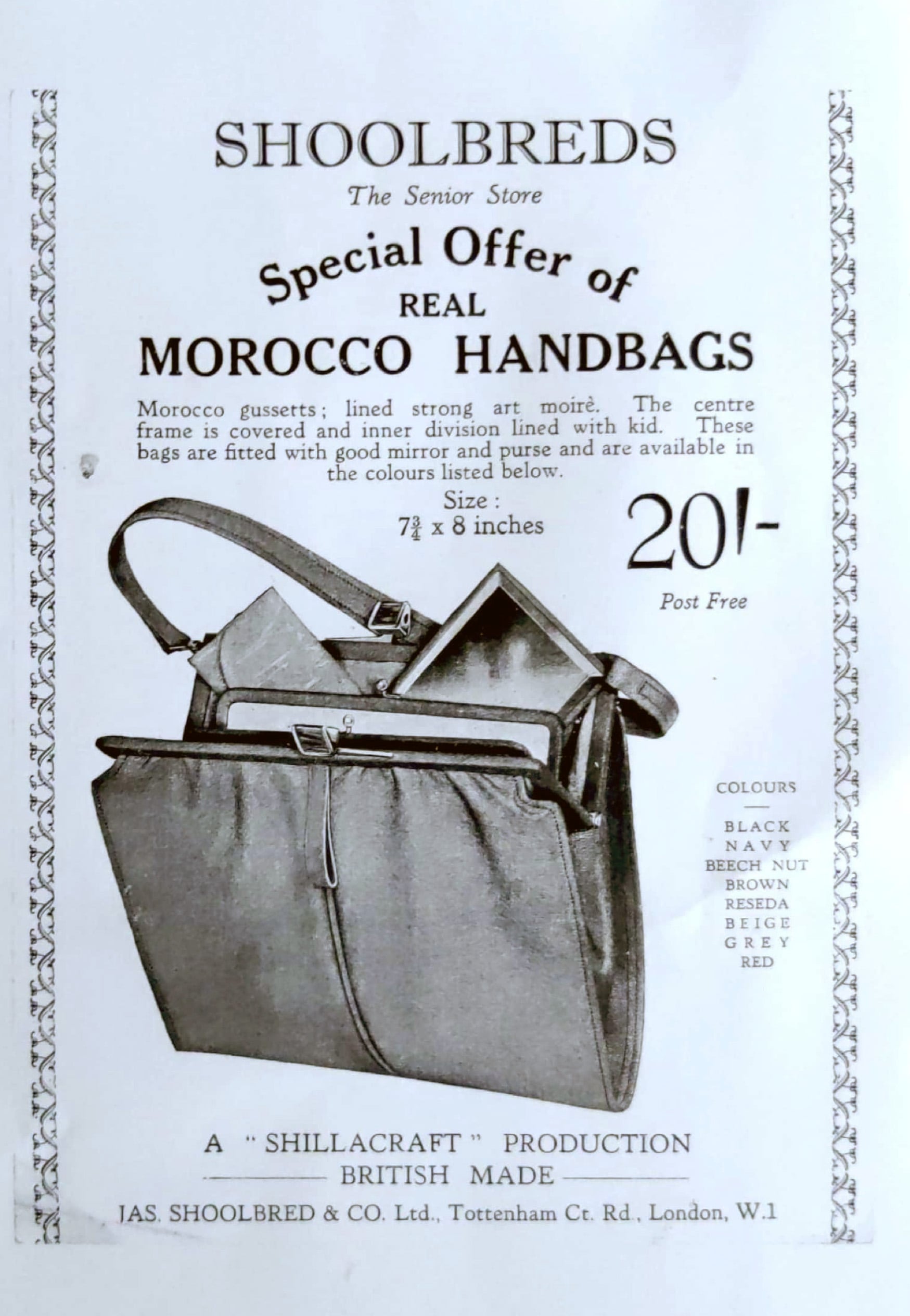Reginald Joseph (Reggie) Gray
Reggie was born to Reginald Joseph Gray and Gladys Rhoda, the daughter of labourer Jim Wright. Reginald’s family were Orkney Islanders originally, leaving for Gravesend in Kent where they went their separate ways.
Reginald’s grandfather married a Somerset girl and they settled in Acton for a while, where Reginald was born. They came to Chesham and were living in Hivings Hill when Reginald left school at 14. He became an apprentice gardener to Lord Chesham at Latimer House and had to walk there and back each day.
When the First World War broke out soon after, Reginald tried to join up at the Recruiting Office in Chesham, but his mother soon appeared and told them he was. under-age. Undaunted, he ‘got on his bike’ and rode to Aylesbury, where he had more success. After 11 days training he found himself in France. He served in the artillery, driving horse wagons of ammunition to the Front Line.
After the war he and his father purchased two adjacent plots of land in Chartridge Lane and Reginald bought an ex-Army two-roomed wooden hut to erect on his plot. He situated it at the far end of the plot as the further away from the road, the cheaper the rates in those days.
Reggie remembers that a nearby field was called ‘Stockings’ (on the tithe map there are two fields ‘Great’ and ‘Little Stocking’. ‘In the 1950’s the nearest bus stop was known as ‘Stocking Stile’).
Reginald and Gladys had a brick two-bedroomed bungalow built in about 1926. Three children were born there before Reginald applied for the vacancy of Park Keeper. There were many applicants for the job and there was a ‘trick’ question. On being asked what he would do about unruly children and whether he would chastise them he answered that he didn’t feel it was his place to deal with other people’s children. This was evidently the right answer as he secured the post!
There was a tied cottage with the job and so Reginald and Gladys reluctantly left their own home and land and rented it out. This was always a disappointment to them although Reginald was happy in his job.
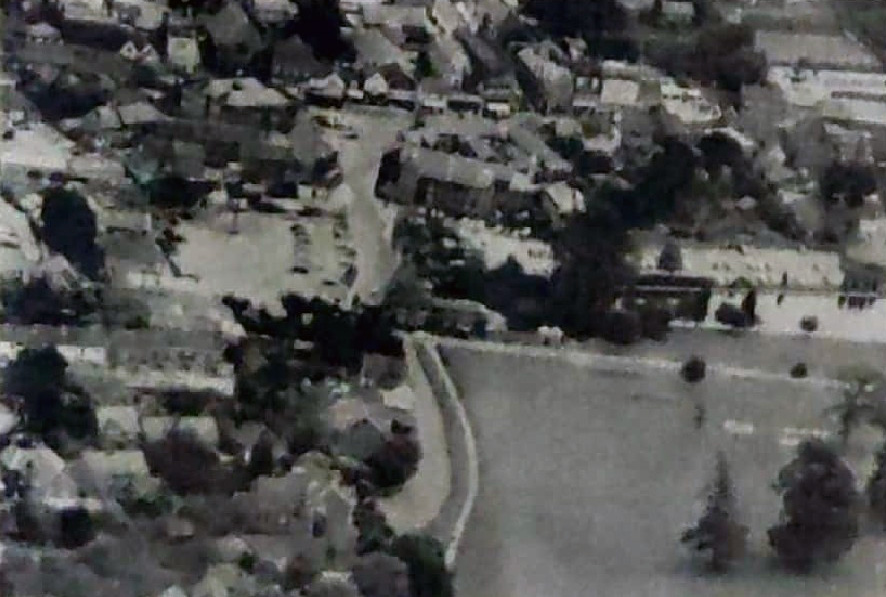
The cottage was actually two in one – probably the original farmhouse to Gatling’s Farm, with an extension. It was situated roughly where the roundabout at the junction of Park Road and St Mary’s Way is now. It was spacious for the family, which soon increased to five children with Reggie and later a younger sister too. There was a large walled garden, where Reginald grew the family vegetables, and also a workshop used by the Council carpenter.
As Park Keeper, Reginald’s duties included attending the gardens and flower beds and cutting the grass with a mower, small by today’s standards. Children would often follow behind ‘like the Pied Piper of Hamelin’. He was responsible for the pond and hiring out the boats and he kept the Park tidy with a stick pointed at one end for litter-picking.
The toilets had to be kept clean and the brass and copper pipes and·penny-in-the-slot’ machines polished. There was also the bandstand to attend to as the Chesham Band played there every Sunday afternoon.
It was a seven-day week with a half-day on Wednesdays. However, he had a part-time gardening job then. Hours were 9am until dusk, which was 11pm in ‘Double Summer Time’. This was during the Second World War, when clocks were put forward two hours in the spring so that there was more daylight for agricultural workers.
Reggie arrived in September 1936. When he was 10 months old he contracted polio, which must have been a great worry for his parents. However, he remembers distinctly that he was never treated any differently to the other children and was disciplined if he did something wrong.
At the age of two he spent three months in hospital in Headington and after that he could walk with the aid of a calliper. At five he was taught by farmer Bill Catling how to milk his dairy cows. He was also allowed to take a couple of large old cart horses down to Hobbs in Blucher Street for shoeing. He remembers Mr Hobbs applying linseed oil to the horses’ hooves to prevent cracking. There was very little traffic on the roads in those days – petrol rationing was in place during wartime – so he felt quite safe.
The family doctor, Dr Wise suggested around this time that Reggie would benefit from having a tricycle and so somehow the family provided one for him. Growing up with confidence in a close and happy family and with a sense of adventure Reggie thought nothing of pushing the tricycle up to the top of Stanley Avenue and free-wheeling all the way down into the park. He was always very possessive about this tricycle and took great care of it, no doubt all too aware of the sacrifices his parents must have made.
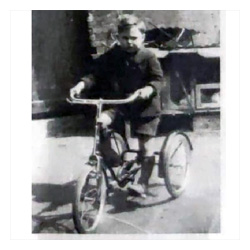
The family doctor, Dr Wise suggested around this time that Reggie would benefit from having a tricycle and so somehow the family provided one for him. Growing up with confidence in a close and happy family and with a sense of adventure Reggie thought nothing of pushing the tricycle up to the top of Stanley Avenue and free-wheeling all the way down into the park. He was always very possessive about this tricycle and took great care of it, no doubt all too aware of the sacrifices his parents must have made.
Reggie’s father had tried to join up when war broke out, but at the age of 39 he was considered too old. However, he ‘did his bit’ as did many other Chesham families, by taking in evacuees – in this case a mother and two children.
In 1947 Reginald and Gladys at last returned to their home in Chartridge Lane. Moving up the hill was difficult with all the furniture and possessions they had acquired over the years. It was not easy for the family to adjust to living in smaller premises. Reginald worked at Beechwood Brushes for a while, then at other jobs before finally retiring at the age of 70. Reggie continues to live in the family home.
